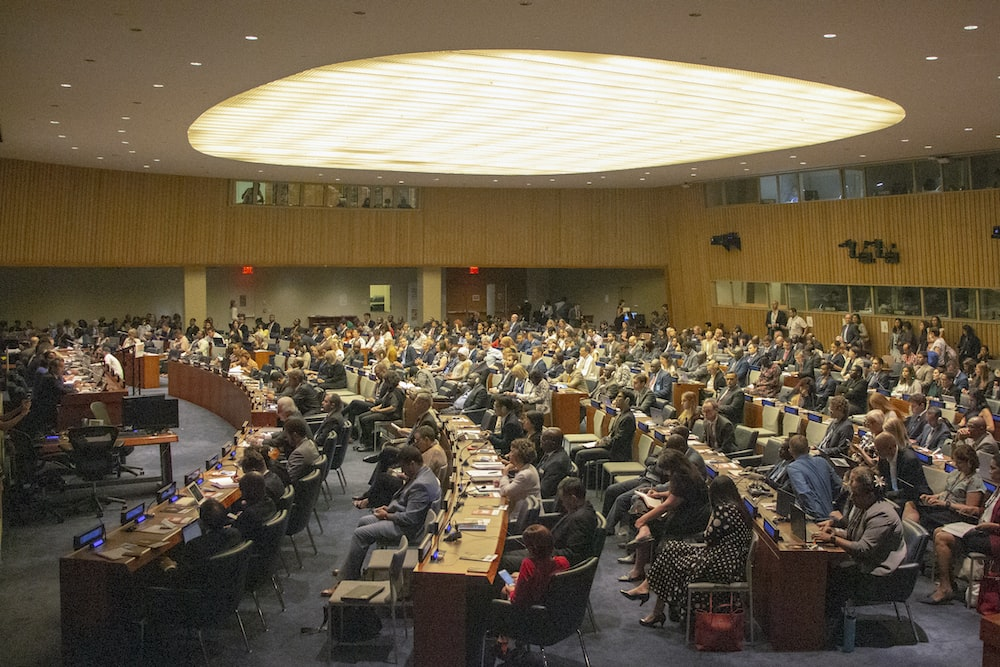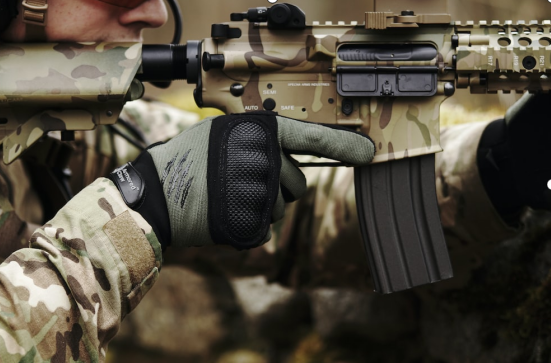Somalia, a nation with a tumultuous history, has been at the crossroads of conflict and humanitarian crises for decades. The situation in the country has evolved significantly since the arms embargo was imposed in 1992 following the collapse of the central government. In recent times, The United Nations Security Council has received a strong request from President Hassan Sheikh Mohamud to relax the arms embargo, arguing that it is no longer necessary.
Analysts, however, are dubious about Somalia’s capacity to guarantee that, should weapons be supplied, they do not fall into the wrong hands. This debate sheds light on the intricate web of sanctions, aid, and the provision of weapons in a nation striving for stability.
Here’s what you need to know about the ground realities in Somalia:
The Call to Lift the Arms Embargo
President Hassan Sheikh Mohamud passionately addressed the UN Security Council, urging them to lift the long-standing arms embargo on Somalia. He contended that the government of Somalia had implemented adequate measures to thwart the unauthorized trade in weapons, such as the creation of laws governing the acquisition, production, handling, and disposal of firearms. Mohamud stressed how different Somalia is now from 1992, when the arms embargo was first put in place. This is especially true in 2023.
The Need for International Support
The African Union Transition Mission in Somalia (ATMIS) chief, Mohamed El-Amine Souef, echoed the demand to ease the embargo. He stressed that persistent pressure against al-Shabab, the extremist group causing havoc in Somalia, is necessary to preserve the progress gained over the years.
The argument for lifting the embargo is driven by the belief that Somalia requires all possible capacities to fight against terror groups effectively. Security analysts, including Samira Gaid, point out that Somalia is currently in a state of war against these militants, making it crucial to obtain the necessary resources to combat and eliminate them from Somali territory.
Challenges and Skepticism
While the call to lift the arms embargo is loud and clear, the ground realities in Somalia, its challenges, and skepticism persist. The Somali government’s financial constraints make it difficult for them to afford high-caliber weapons even if the embargo were to be lifted. Regional neighbors, including Kenya and Ethiopia, remain apprehensive that providing weapons might inadvertently aid terrorist groups.
It’s essential to recognize the concerns of these regional countries. Somalia’s limited control over its land and maritime borders raises fears that even if the arms embargo were removed, weapons could continue to flow into the country, as they have, even during the embargo’s existence.

The Role of the United Nations Security Council
The United Nations Security Council plays a pivotal role in determining the fate of the arms embargo in Somalia. After the central government fell and a civil war broke out, the council imposed the embargo in 1992. To enable the Somali government to purchase particular types of weapons for the advancement of its security forces and the defense of its citizens, the UN Council eased the arms embargo in 2013.
Currently, in its third decade, the embargo is regarded as the Security Council’s longest-running arms embargo ever. It is still unclear if the council will follow President Mohamud’s request to lift the embargo or decide to keep things as they are.
The Path Forward
The ground realities in Somalia are undeniably complex, and the decision regarding the arms embargo will have significant implications for the country’s future. Somalia’s leadership argues that lifting the embargo will empower them to assert sovereignty, combat terrorism, and work toward a peaceful and prosperous future.
However, the challenges of ensuring weapons do not fall into the wrong hands and the political disputes within Somalia itself add layers of complexity to this issue. As international discussions continue, it is crucial to keep a close watch on the evolving situation in Somalia and the decisions made by the United Nations Security Council.
Support The Somali Community In Ohio
Join the Somali Community Link in advocating for uplifting the Somali community in Central Ohio. As our article delves into the nuanced discourse surrounding this issue, it becomes apparent that Somalia’s evolving situation necessitates a reevaluation of international policies.
We invite you to be a part of this conversation and help bring security, stability, and peace to a community in need. By supporting our cause, you contribute to housing needs, Somali community resettlement, and provide financial assistance to the Somali community in Ohio.
Learn more about the Somali community immigration services in Columbus and how you can make a difference.


































